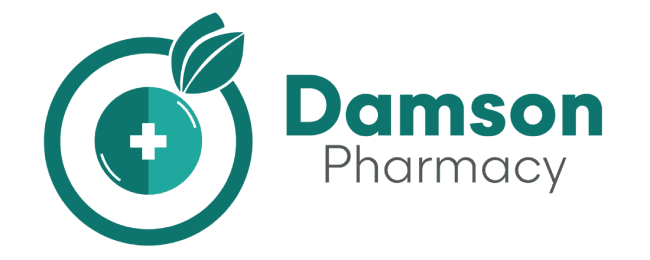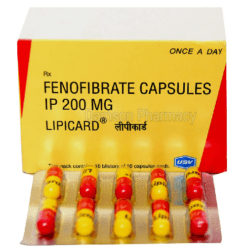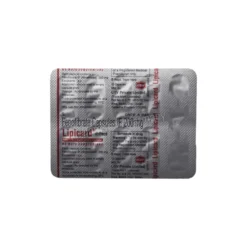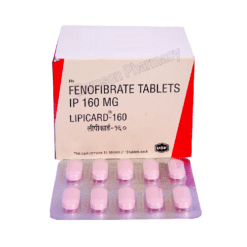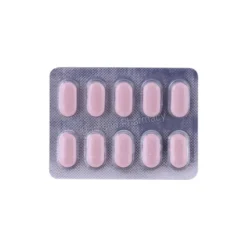High Cholesterol
When excess fat, known as lipids, accumulates in the blood, it produces high cholesterol and increases the risk of several serious health problems such as heart disease and stroke. Hypercholesterolemia, called silent killer, often causes no subjective symptoms and, therefore, requires periodic blood tests for proper diagnosis. Cholesterol is classified as bad LDL and good HDL. Too high LDL levels cause cholesterol to build up in the arterial wall as a plaque, impeding blood flow. High cholesterol can result from diet, smoking, and familial inheritance without exercise habits.
High Cholesterol
High Cholesterol
To properly manage high cholesterol, patients must alter their lives by exercising daily and completely quitting cigarettes, as well as eating certain heart-healthy foods consisting of whole grains and fresh vegetables. Some healthcare practitioners prescribe a statin along with other drugs to lower patients' LDL levels. Lipid panel testing serves as an essential approach to determine treatment adjustment along with correction of potential treatment needs. Active participation in certain measures can reduce the risk of cardiovascular diseases caused by high cholesterol.
